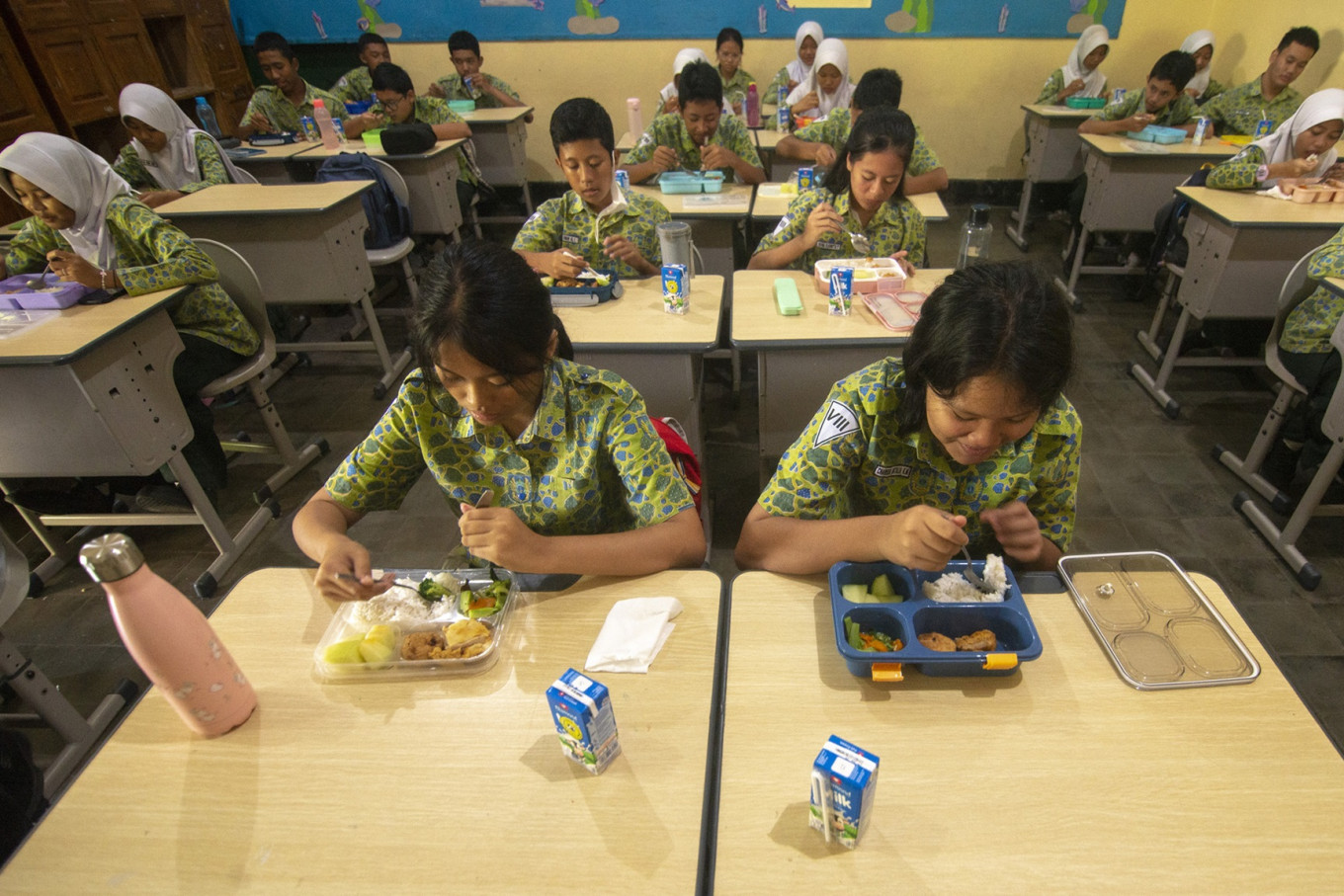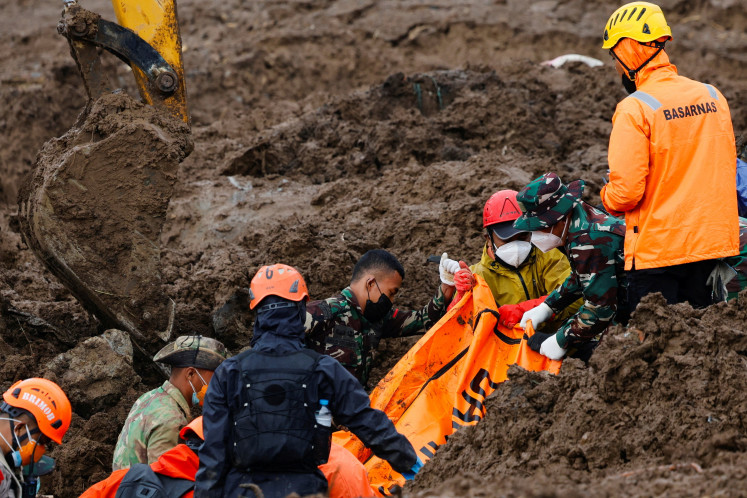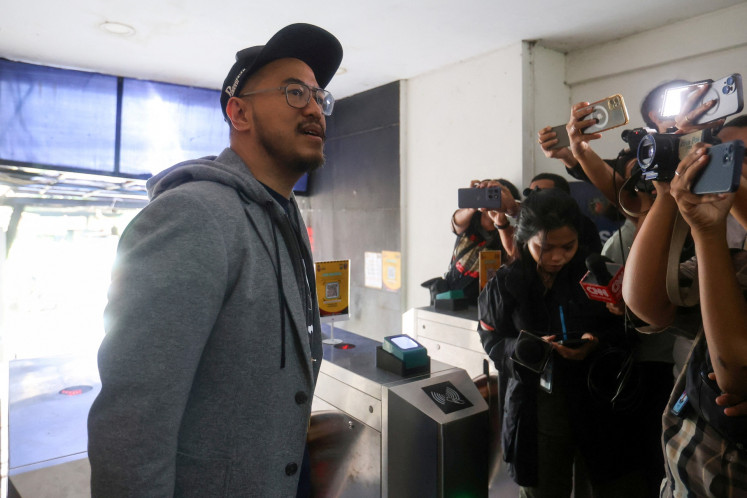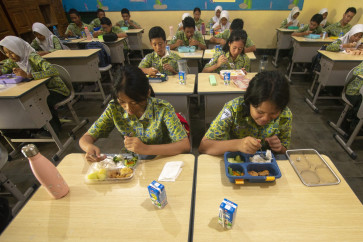Popular Reads
Top Results
Can't find what you're looking for?
View all search resultsPopular Reads
Top Results
Can't find what you're looking for?
View all search resultsEnvironmental concerns raised over dairy cow import plan for free meal program
The plan to import 1.5 million dairy cows to support president-elect Prabowo Subianto's trademark free meal program may exacerbate the climate crisis through greenhouse gas emissions created by the cattle as well as deforestation from land clearing for the dairy farms, observers have warned.
Change text size
Gift Premium Articles
to Anyone
A
proposal to import cows and open a large dairy farm in the country to support president-elect Prabowo Subianto’s trademark free meal program has sparked concerns about its potential impact on the environment and climate, with experts urging the government to study the plan further and consider relying on local food sources instead.
The proposal was first raised by Sis Apik Wijayanto, director of state-owned food holding ID Food, at a meeting with House of Representatives members on Sept. 11. He told lawmakers about a plan to import 1.5 million dairy cows to support the free meal program, citing low domestic milk production.
The national dairy cattle herd has been stagnating over the past decade with only about 600,000 head, with the total milk production capacity reaching 900,000 liters in 2022, far below the national demand of 4.4 million liters, according to the Agriculture Ministry.
But Sis’ proposal was met with concerns by some scientists and activists, who argued that the mega farm’s potential environmental costs may outweigh the free meal program’s benefits.
Sonny Mumbunan, coordinator of the University of Indonesia’s Center for Climate and Sustainable Finance (CCSF), said the proposal to import millions of dairy cattle may lead to “major environmental impacts”.
The opening of a large-scale dairy farm, he argued, may worsen the climate crisis through the emission of greenhouse gases: carbon dioxide from land clearing, nitrogen oxide from fertilizers for cattle feed and methane from the livestock’s manure.
Although carbon dioxide represents the largest share of global greenhouse gas emissions, methane and nitrous oxide are considered even more potent in their ability to worsen the climate crisis. Methane can trap over 100 times more heat than carbon dioxide, while nitrous oxide can trap 250 times as much.


















